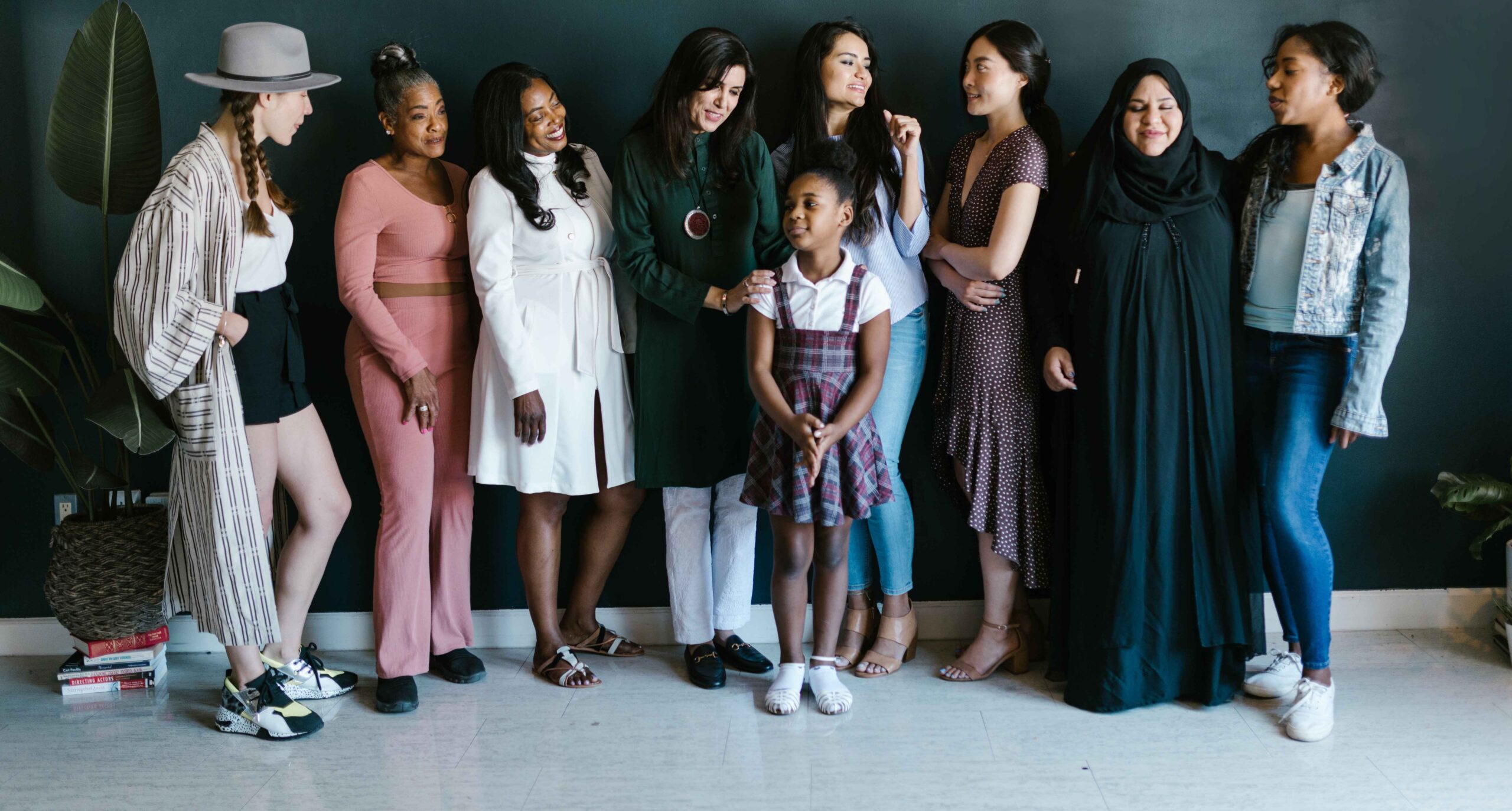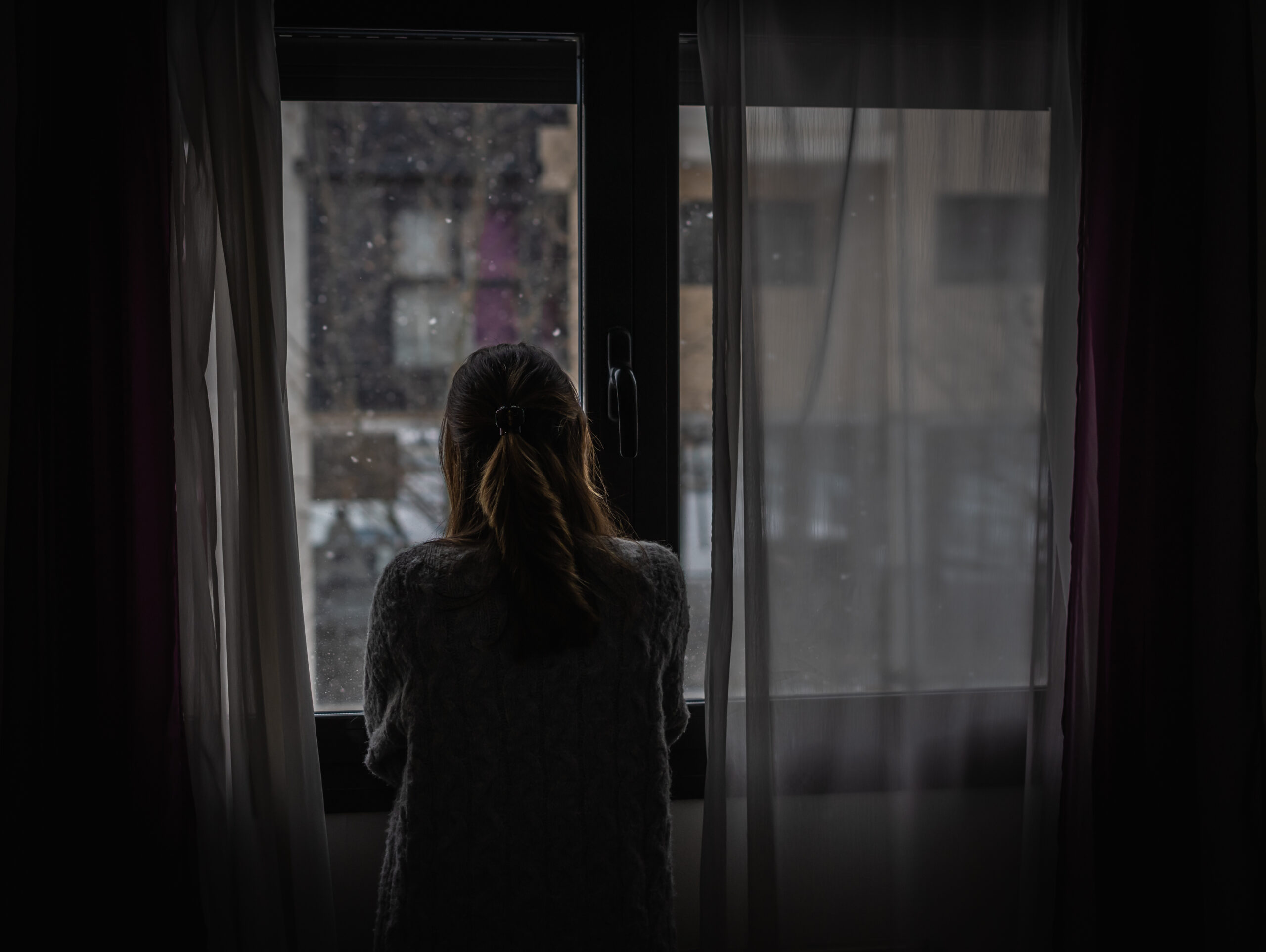As we strive to shed light on different forms of abuse, economic abuse remains largely misunderstood, particularly when the partner being abused has a disability. This is an urgent issue: disabled individuals, especially women, face a compounded vulnerability to financial manipulation and control, given the specific social and economic challenges tied to living with a disability.
Before diving in, I want to acknowledge my perspective. I am a white, cisgender woman with a disability, and while I am committed to approaching disability through an intersectional lens, my experiences come with certain privileges and limitations. My goal here is to help readers understand the often-hidden dynamics that trap disabled individuals, especially women, in abusive situations.
The Intersection of Disability and Manipulation
Statistics Canada reports: “According to the 2018 Survey of Safety in Public and Private Spaces (SSPPS), among people who had ever been in an intimate partnership more than half (55%) of women with disabilities reported experiencing some form of IPV in their lifetime (since age 15).” This striking number points to several factors. The ableist attitudes woven into our society frequently diminish our self-esteem and shape how we are viewed—often with pity or as “burdens.” These stereotypes can erode our confidence and amplify our susceptibility to manipulation, which makes it easier for abusers to justify controlling behaviors.
This can extend to dating, where we are often misjudged or stigmatized because of our disabilities. People with disabilities are often told we’re “Lucky” to have found a partner at all, reinforcing the damaging narrative that our relationships should be rooted in gratitude rather than mutual respect. This portrayal subtly positions an able-bodied partner as a “saint” for “putting up” with us, ignoring whether they are genuinely loving or supportive. The pressure to preserve a relationship – even if unhealthy – can be immense.
Isolation as a Tool for Abuse
Living with a disability can mean we are already socially isolated due to physical, psychological, or logistical barriers that exclude us from typical activities and interactions. This pre-existing isolation creates an environment where abusers can more easily control or further isolate us, cutting us off from supportive networks. Abusers often exploit our limited interactions with the world to make it more difficult to reach out for help or maintain independence. Our exclusion from able-bodied spaces and experiences can thus make us even more vulnerable to manipulative partners.
Financial Barriers Compound the Vulnerability
Disabled individuals face significant hurdles to financial independence. In a society often unwilling to accommodate our needs, finding employment can be nearly impossible. Some disabilities require specific adjustments that employers may be unwilling or uninformed enough to provide. Job interviews can be particularly challenging; although we may be encouraged to “leave our disability out of it,” the need for accommodations will eventually arise, often causing potential employers to lose interest. This bias feeds into a vicious cycle: without stable income, we can be forced into dependence on our partners, even if they are abusive.
Economic abuse often manifests as abusers restricting access to personal or household funds,
preventing the victim from obtaining or retaining employment, or exploiting their role as a “provider.” For disabled people, especially women, this control can be even more pronounced. Many of us don’t have the luxury of a livable wage or financial support networks, and abusers can leverage this dependence to exert power. If we attempt to leave, financial obstacles related to housing, employment, and care costs often stand in the way, trapping us in an abusive environment.
When Caregivers Turn Abusive
Another dimension of abuse is the overlap between caregiving and partnership roles. In relationships where one partner is also a primary caregiver, the power dynamics can become especially skewed. This setup allows an abuser significant control over daily activities, finances, and even medical care. For example, if a wife with limited physical mobility relies on her husband to help manage their finances, he could exploit this trust, taking money for himself without her knowledge.
This is only one-way economic abuse manifests in such relationships. It’s an insidious form of control, difficult to detect and even harder to escape. Often, others do not see the abuse because the caregiving role is portrayed as an act of love and duty. In reality, it’s a profound abuse of trust that leaves the disabled partner with few avenues for recourse.
A Path Forward
Economic abuse in relationships where one partner has a disability is complex and deeply personal. This article only begins to outline the issue. Tackling this injustice will require commitment, awareness, and action—both individually and societally—to protect and support disabled individuals in abusive relationships. We need to dismantle the systems that deny our right to live with financial independence and dignity.
By acknowledging the realities of disability in abusive relationships, we can start creating a world where disabled people are not only seen and respected but supported in their quest for autonomy and safe, fulfilling relationships.
By Rose Solovitch






